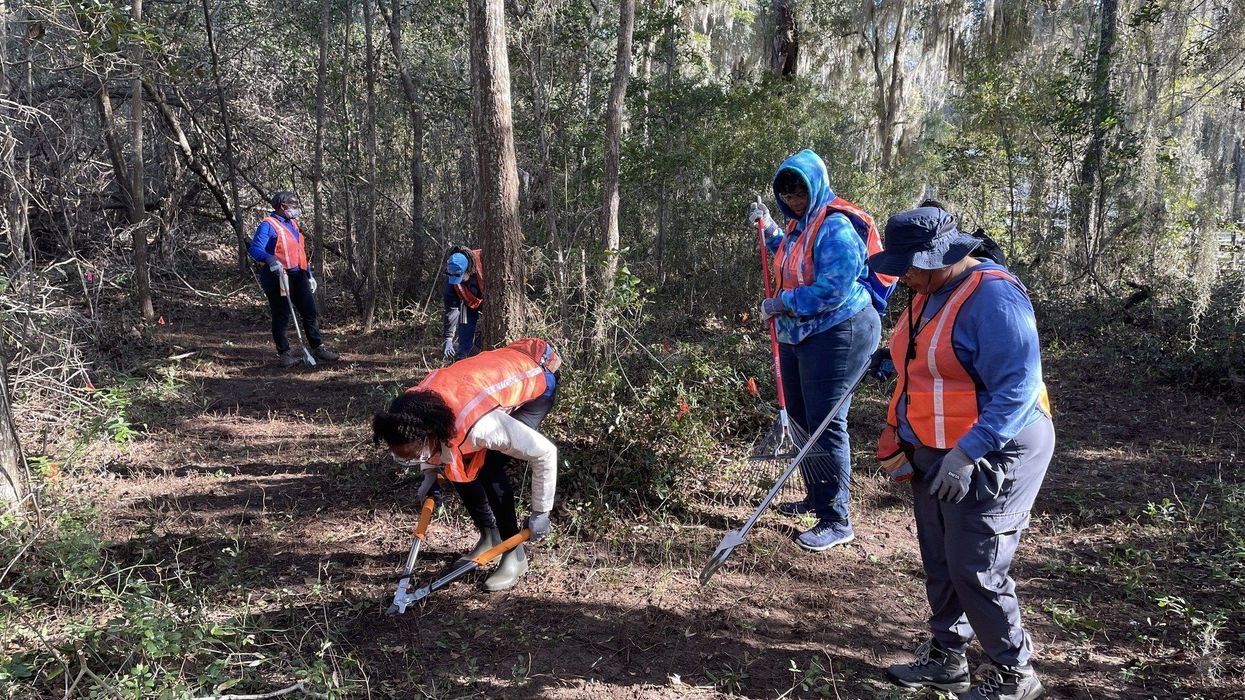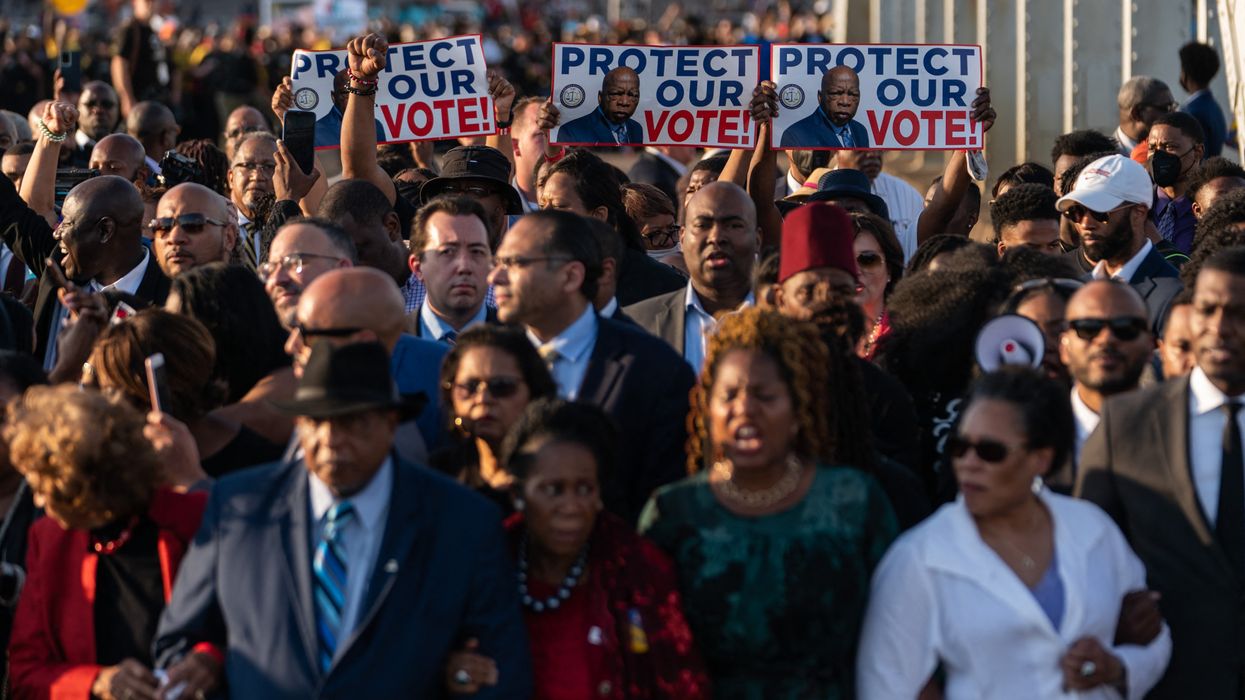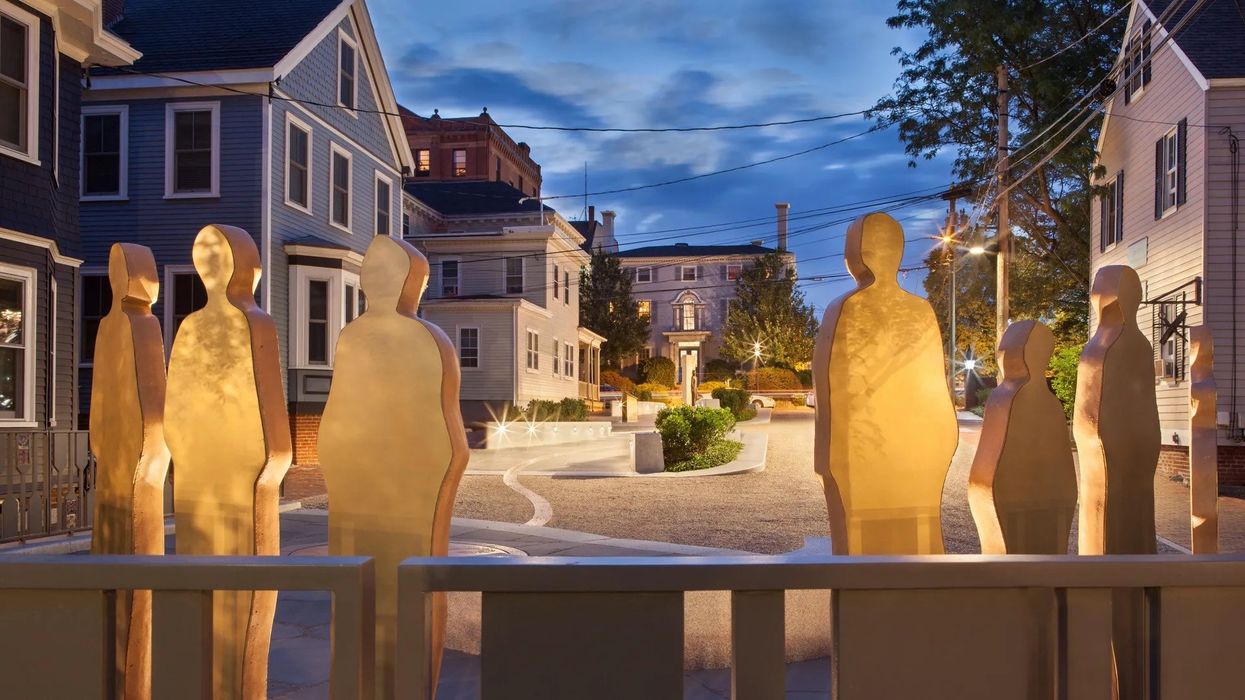National Park Service Grants Free Access on Trump's Birthday—And Ends It for Juneteenth, MLK Day
Critics have ripped the decisions as "truly disgusting" and "literally the sort of thing dictators do."
"Why is MLK Day not worthy of a fee-free day anymore?"
That's what Kati Schmidt, communications director for the National Parks Conservation Association, wondered in an email to SFGATE, which reported Thursday on the National Park Service's recently announced free admission days for 2026.
"That has become a day of service throughout the country as well as celebrating an American hero who has several park units celebrating his legacy," Schmidt noted of the federal holiday honoring Rev. Martin Luther King Jr. each January.
In addition to MLK Day, three other previously free days were left off the US Department of the Interior's announcement last week about "resident-only patriotic fee-free days." Visitors will now have to pay park fees on National Public Lands Day, the anniversary of the Great American Outdoors Act—which President Donald Trump signed in 2020—and Juneteenth.
cool that the official position of the administration appears to be that black people don’t really count as americans
[image or embed]
— jamelle (@jamellebouie.net) December 5, 2025 at 8:20 AM
In 2021, Congress passed and then-President Joe Biden signed legislation designating Juneteenth as a federal holiday to commemorate the end of slavery in the United States. After returning to the White House in January, Trump declined to recognize it on this past June 19.
As SFGATE reported:
"This policy shift is deeply concerning," said Tyrhee Moore, the executive director of Soul Trak Outdoors, a nonprofit that connects urban communities of color to the outdoors. "Removing free-entry days on MLK Day and Juneteenth sends a troubling message about who our national parks are for. These holidays hold profound cultural and historical significance for Black communities, and eliminating them as access points feels like a direct targeting of the very groups who already face systemic barriers to the outdoors."
Moore told SFGATE that his organization works to push back against "these kinds of systemic attempts that disguise exclusion as administrative or political decisions."
"Policies like this reinforce inequalities around access and visibly show how systems can create obstacles that keep communities of color from feeling welcomed in public spaces," he said.
Olivia Juarez, public land program director at the advocacy group GreenLatinos, said in a statement that "we condemn the omission of the Reverend Dr. Martin Luther King Jr.'s birthday, Juneteenth, National Public Lands Day, and the anniversary of the Great American Outdoors Act from the list of free entrance days."
"The Great American Outdoors Act permanently funded the Land and Water Conservation Fund, which enhances outdoor recreation access for all people from national public lands to neighborhood parks," she pointed out. "These observances are patriotic days that celebrate freedom and safety in the outdoors. They should be celebrated as such by removing a simple cost barrier that can make parks more accessible to low-income households."
Other critics have ripped the free day decisions as "truly disgusting" and "literally the sort of thing dictators do."
Journalist Jennifer Schulze said: "I love our national parks but don't go on his birthday. Find a state park to visit instead."
Along with the free admission changes, the Trump administration is under fire for putting the president's face on the new "America the Beautiful" annual passes—a display that may be illegal—and for hiking prices for foreign visitors to national parks.
Utah-based Juarez and GreenLatinos California state program manager Pedro Hernández both denounced price hikes for noncitizens—a move that notably comes as the administration pursues Trump's promise of mass deportations.
"By imposing higher fees on people without state-issued ID," Hernández said, "the Trump administration is advancing a xenophobic policy that disproportionately harms vulnerable populations like international students, newly arrived immigrants, and families seeking asylum."
"This approach eviscerates the true meaning of public lands and sends a clear, exclusionary message that our most cherished national parks have become yet another pay-to-play system," he added. "People should be welcomed—not priced out from our public lands."


